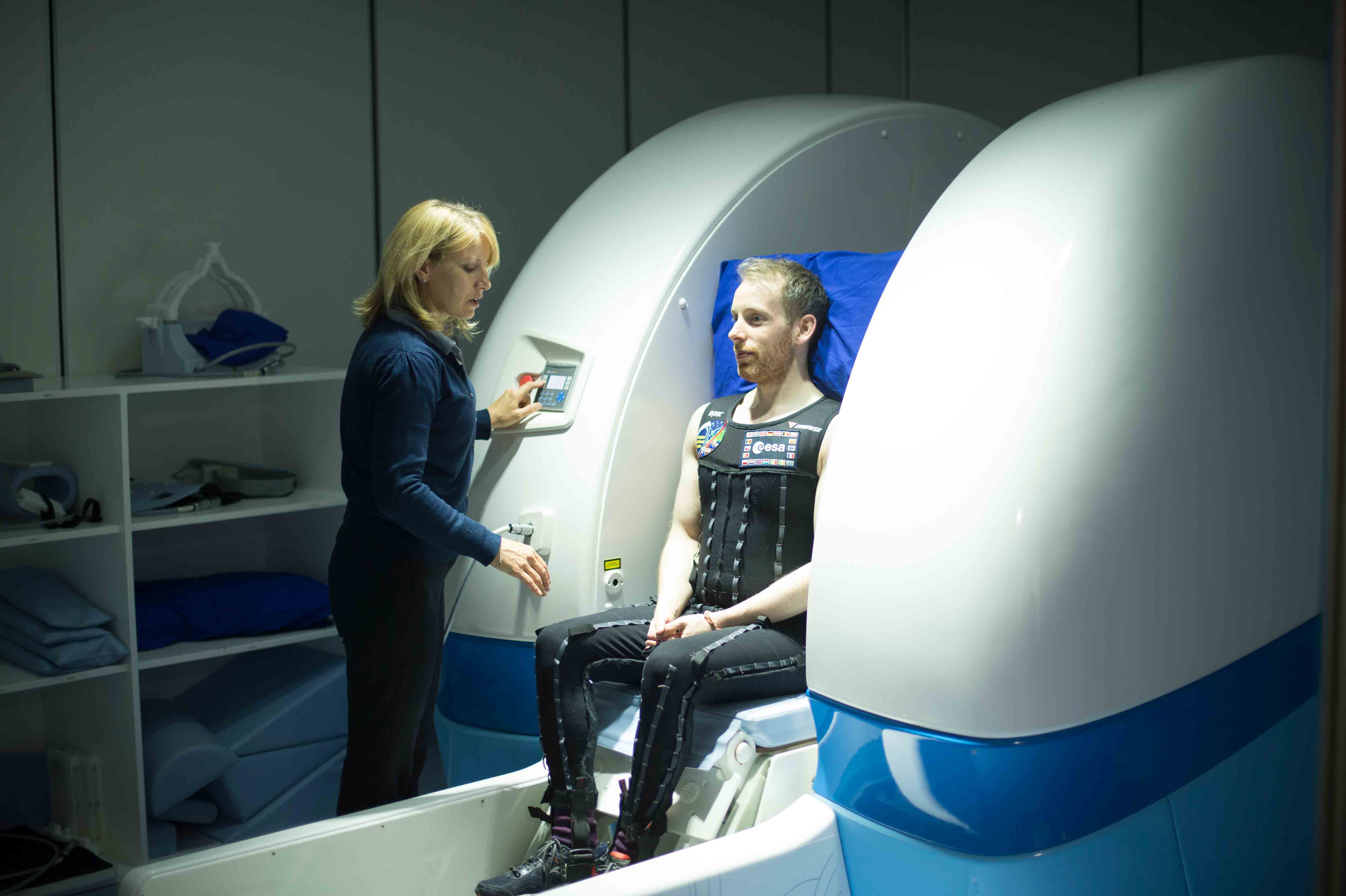 10/04/24
10/04/24
 10/04/24
10/04/24
AECC University College
Parkwood Campus
Parkwood Road
Bournemouth
BH5 2DF